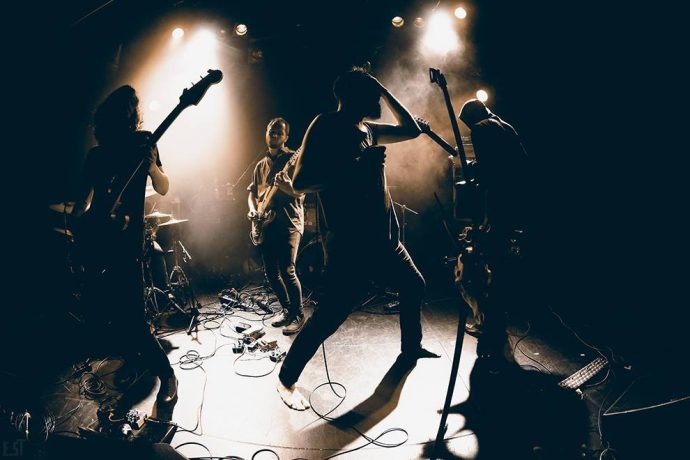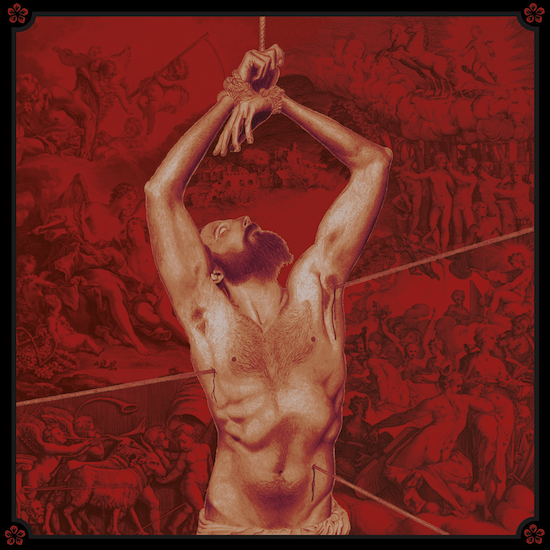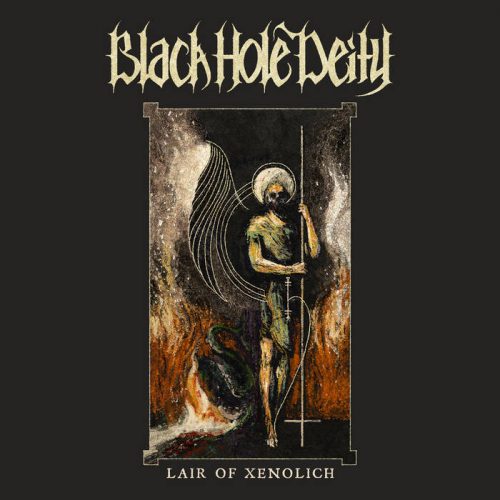
About 18 months ago we had the chance to premiere a fascinating song off the then-forthcoming sophomore album The Shrouded Muse of the World’s Lament by the German black/doom metal band Stagwounder, which was released by Crawling Chaos Records. The album itself was equally fascinating, and not only because of the music. Its conceptual underpinning was a series of aphorisms drawn from a work called Pessimistenbrevier by the 19th-century German philosopher Julius Bahnsen, and we delved into it in some detail in that premiere feature.
We won’t repeat that discussion here, though it’s still worth exploring if you managed to overlook the album. What we’re doing now is to provide a very good reason to track down the album if you’re late to the party, and to give even fans who know the album well an opportunity to revisit part of it in a special way, thanks to a video of Stagwounder performing the song “Der Moder heiligster Rechte” in an unusual live setting. Continue reading »


